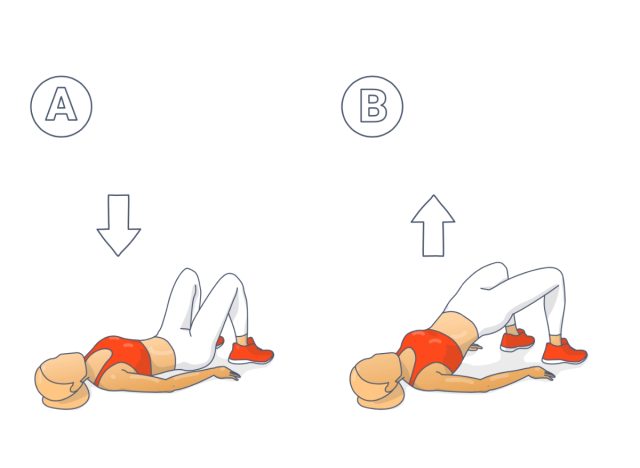
Former Miss USA Cheslie Kryst died by suicide at the age of 30 on January 30. Now her mother, April Simpkins, has released a statement grieving her daughter and attributing her death to the “high-functioning depression” that Kryst kept to herself until recently.
“I have never known a pain as deep as this. I am forever changed. Today, what our family and friends privately knew was the cause of death of my sweet baby girl, Cheslie, was officially confirmed,” Simpkins said in a February 2 statement obtained by People after the New York City Office of Chief Medical Examiner officially ruled Kryst’s death a suicide.
“While it may be hard to believe, it’s true. Cheslie led both a public and a private life,” Simpkins said of her daughter’s mental health struggles. “In her private life, she was dealing with high-functioning depression which she hid from everyone—including me, her closest confidant—until very shortly before her death.”
Kryst, who was also an attorney and a correspondent for Extra, won the Miss USA Pageant in 2019 as Miss North Carolina. It was the first year that the titles of Miss America, Miss Teen USA, Miss USA, and Miss Universe were all held by Black women. Although Kryst’s life “was short, it was filled with many beautiful memories,” Simpkins wrote. “We miss her laugh, her words of wisdom, her sense of humor and mostly her hugs. We miss all of it—we miss all of her. She was a vital part of our family which makes this loss even more devastating.”
READ RELATED: Covid vaccine: Dr Hilary gives nod of approval for child vaccination – here's why
High-functioning depression is a colloquial term used to describe individuals who experience depression but are able to keep up with much of their daily life—performing at work, engaging socially, meeting conventional definitions of success, and generally appearing like they are okay. As SELF has explained, high-functioning depression is not a clinical disorder recognized in the Diagnostic and Statistical Manual of Mental Disorders, Fifth Edition (DSM-5), and mental health professionals are in disagreement about how useful the term is. But many people identify with the term because of how it captures their lived experience—internally feeling seriously depressed (and perhaps being diagnosed with major depressive disorder), but externally continuing to act like a high-functioning person in good mental health. In the wake of Kryst’s death, many Black women have taken to social media to discuss feeling pressured to live up to the “strong Black woman” trope or otherwise telegraph the message that they’re okay even when they’re not.
Sometimes people who experience this hidden kind of depression have trouble actually getting the help and support they need because, based on appearances, they are doing just fine. “Since others don’t see their suffering, they may receive both implicit and explicit messages that they just need to deal with whatever is happening because it really isn’t that bad,” Justine Mastin, licensed therapist and owner of Blue Box Counseling in Minneapolis, previously told SELF. “The internalized message is that the way they feel is not a concern and that help isn’t warranted.”
The right treatment for depression depends on the person but may include a combination of therapy, medication, social supports, and lifestyle changes. Of course, these kinds of resources aren’t easily accessible to everyone, and even when they are, social stigma about mental health issues can make it hard to take the step of getting help.
Source: SELF










